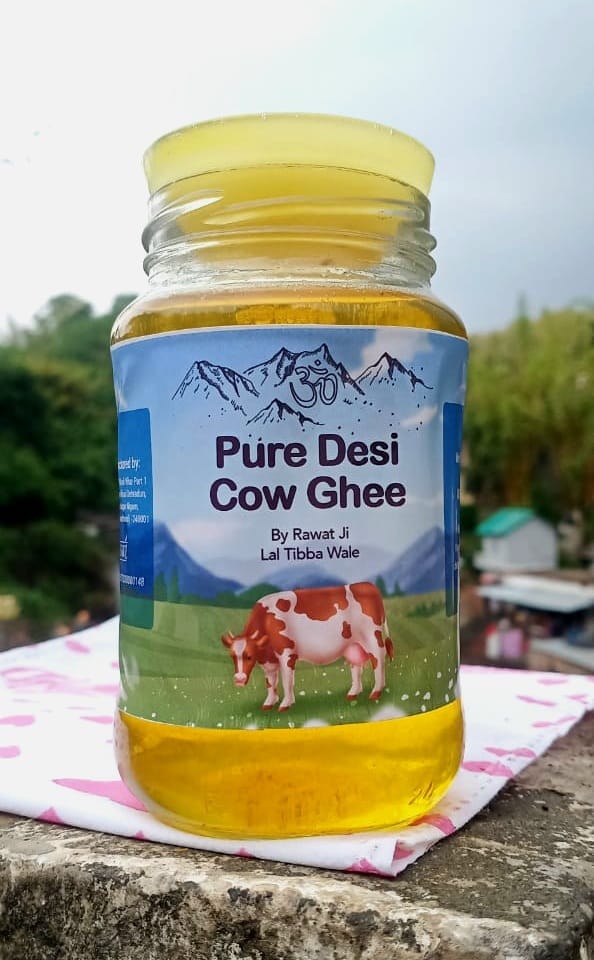
I. Introduction:
Ghee and coconut oil are two popular fats used in cooking, especially in Indian cuisine. Both have unique flavors, nutritional profiles, and health benefits. This guide delves into the differences, similarities, and applications of these two fats, helping you make informed choices in your culinary endeavors.
II. Nutritional Profiles:
A. Ghee:
- Saturated Fats: High in saturated fats, which can be beneficial in moderation.
- Vitamins: Contains Vitamin A, E, and K.
- Short-chain Fatty Acids: Contains butyric acid, which may support gut health.
B. Coconut Oil:
- Saturated Fats: Rich in medium-chain triglycerides (MCTs), which can be easily digested.
- Lauric Acid: Contains lauric acid, which has antimicrobial properties.
- Calories: Comparable to ghee in terms of caloric content.
III. Cooking Applications:
A. Ghee:
- High Smoke Point: Suitable for high-heat cooking, frying, and sautéing.
- Flavor: Imparts a rich, nutty flavor to dishes.
- Indian Cuisine: Widely used in Indian dishes, from curries to desserts.
B. Coconut Oil:
- Moderate Smoke Point: Suitable for medium-heat cooking.
- Flavor: Adds a mild coconut flavor to dishes.
- Versatility: Used in both savory and sweet dishes, including Indian curries.
IV. Health Benefits and Concerns:
A. Ghee:
- Lactose-Free: Suitable for those with lactose intolerance.
- Digestive Health: The butyric acid in ghee may support gut health.
- Concerns: High in saturated fats, so moderation is essential.
B. Coconut Oil:
- Metabolism Boost: MCTs in coconut oil may boost metabolism.
- Brain Health: MCTs can be a source of energy for the brain.
- Concerns: Like ghee, it’s high in saturated fats.
V. Substituting One for the Other:
- While ghee and coconut oil can sometimes be used interchangeably, the flavor profiles are distinct. For authentic taste, it’s best to use the fat recommended in the recipe. However, in a pinch, they can substitute for one another.
VI. Frequently Asked Questions:
1. Can I use coconut oil instead of ghee?
- Yes, but expect a different flavor profile. Coconut oil will impart a coconut taste, while ghee has a buttery, nutty flavor.
2. Which has more fat, ghee or oil?
- Both ghee and coconut oil are fats, so they have similar fat content. However, the types of fats and their health implications vary.
3. Is ghee better than vegetable oil?
- Ghee has a higher smoke point than some vegetable oils, making it better for high-heat cooking. However, the choice depends on the desired flavor and nutritional preferences.
VII. Conclusion:
Ghee and coconut oil, while both fats, offer different flavors, nutritional benefits, and cooking applications. Understanding their properties can help you make informed decisions in the kitchen, whether you’re preparing a traditional Indian curry or experimenting with global cuisines. This guide aims to provide a comprehensive overview, allowing you to appreciate the nuances of these two beloved fats.










[…] a broader culinary context while you’re in the pantry, see this comparison of coconut oil vs ghee in Indian cooking; it won’t change your pulling choice, but it helps with stocking an oil you’ll actually […]